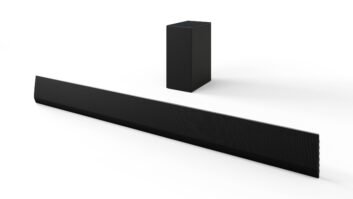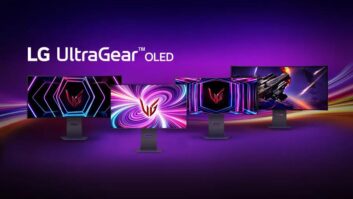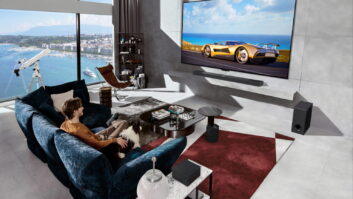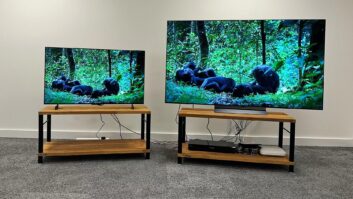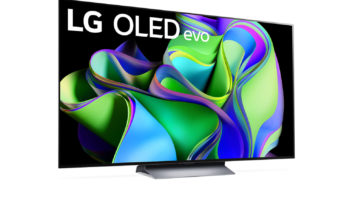Indianapolis – In addition to showcasing its 84-inch 4K LCD TV at CEDIA Expo this week, LG Electronics notified dealers that starting Oct. 1, it will implement a new unilateral pricing policy (UPP) for LG-branded goods sold online.
Jay Vandenbree, LG Electronics U.S. home entertainment senior VP, said the new online distribution program, which was announced to dealers Thursday, will cover the same models that were originally eliminated from online marketplace retailing earlier in the year. Among such products were higher-end plasma models in the 5700 series and above, higher-end LCD TVs and some higher-end audio products.
“LG will reopen the online marketplace for authorized customers on those models, and they will be responsible for advertising and selling our product an UPP levels. LG’s minimum advertised pricing (MAP) programs will remain in effect for models below and above for brick-and-mortar retailers’ print advertising and MAP and UPP will be the same price,” Vandenbree said.
Amazon and click-and-mortar accounts will all be under the same terms, he added, and Walmart’s online component will not be eligible for the higher-end goods.
LG will impose penalties for violating the UPP terms, which involve the loss of ability to purchase products on two levels — loss for a specified period of time or permanent loss of ability to sell LG UPP products.
“In the past we always looked at the market in terms of distribution and class of trade,” Vandenbree told TWICE. “And that was because primarily our relationship was with the retailer. With the consumer engagement at such a high level today, they are coming up with their own ways in which they utilize the market from information to purchase. So we thought there was another element that we had to look at when developing our strategy and that was the difference between transaction and interaction.”
Vandenbree said for the most part the Internet is used for information and transactions and brick-and-mortar retailers are used for interaction. He said for LG to maintain its tier-one branding position and give consumers value-added experience, “the best thing we could do was to look at interaction and transaction and separate the two of those.”
Certain high-end products, such as the just announced 84-inch 4K LCD TV, and most-likely the 55-inch OLED TV still slated for late year introduction, will not be available for online distribution under any conditions, Vandenbree said.
Vandenbree said LG recently re-evaluated all of its online dealers over the past 60 days and reduced the number by about 30 percent.
“Those dealers have been notified, because ultimately, everyone looks like a national account online, and how many national accounts do you need to support your products online?” Vandenbree asked.
In cases where brick-and-mortar dealers with online business components were dropped, only the online component are affected, Vandenbree said.
Those staying with the program will be required to properly present the products, features and benefits on their Web sites.
“We’ve said all along that it was important to stay out of the way of the retail transaction and the customer, and I think this keeps us out of that space where the interaction happens on the retail floor. But at the same time we have to protect our brand and the investments we make in the marketplace to be able to tell the story that we want to tell and be able to talk about the product, the features and the benefits and not just make price the low common denominator for all things,” Vandenbree said.
“We think we and the dealers get the best or both worlds out of this. So now, the online and offline retailing communities compete with each other and there isn’t a cross back and forth between the two,” he added.
LG joins a string of tier-one manufacturers, including Sony, Sharp and Samsung, who have implemented UPP programs in the past year. LG had earlier said it would avoid a direct UPP program, as such, opting instead to restrict selling by third parties through marketplace sites on large retail portals like Amazon and Sears.com, because those transactions were typically price promotional and offer little value-added information of sales support.
Some impacted retailers deal with LG through distributors, and it will be up to the distributors to make sure that their customers understand the policies and adhere to them, Vandenbree said.
He said the UPP implementation was not motivated by dealer requests, but solely by the company’s internal evaluations.
Vandenbree also that while the policy may have the benefit of deterring the “showrooming” phenomenon in some cases, he doesn’t think that UPPs are the best way to combat that situation. He said when a retailer sees a customer consulting a phone in the store, that is a golden opportunity to approach the customer with sales assistance.





